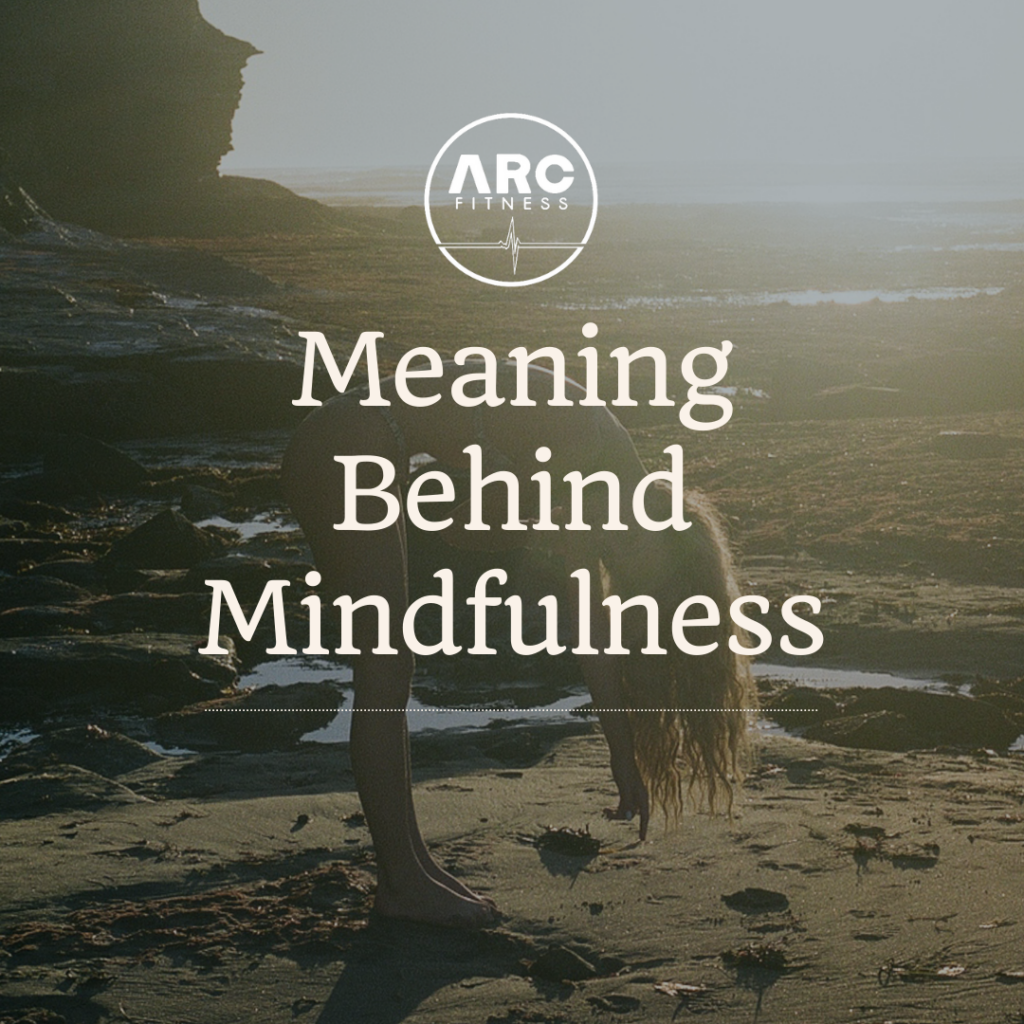No products in the basket.
Arc Fitness
The Role of Mindfulness in Addiction Recovery: Cultivating a Mindful Approach to Sobriety
Learn about the transformative power of mindfulness in addiction recovery, and how it can help individuals cultivate a greater sense of self-awareness, emotional regulation, and inner resilience.
Introduction
Addiction is a complex disease that affects millions of individuals worldwide, and recovery can be a lifelong journey. While traditional treatments such as therapy and medication can be effective, many people are turning to alternative approaches such as mindfulness to help them reach sobriety. Mindfulness is a practice that involves cultivating a non-judgmental awareness of the present moment and has been shown to have a wide range of benefits for mental health and well-being. In this article, we will explore the role of mindfulness in addiction recovery, and how it can help individuals develop a more mindful approach to their sobriety.
What is Mindfulness?
Before we dive into the benefits of mindfulness in addiction recovery, it is important to understand what mindfulness is and how it works. Mindfulness is a practice that involves paying attention to the present moment with a non-judgmental attitude. It is about being fully present and engaged at the moment, without getting caught up in worries about the past or future. Mindfulness can be cultivated through various techniques such as meditation, yoga, and breathing exercises.
The Benefits of Mindfulness in Addiction Recovery
- Improved self-awareness
One of the key benefits of mindfulness in addiction recovery is improved self-awareness. Mindfulness helps individuals become more aware of their thoughts, feelings, and behaviours, which can be particularly helpful in identifying triggers and patterns of behaviour that may lead to substance use. By developing a greater sense of self-awareness, individuals are better equipped to make conscious choices about their sobriety.
- Better emotional regulation
Another benefit of mindfulness in addiction recovery is improved emotional regulation. Addiction often co-occurs with other mental health issues such as anxiety and depression, which can lead to overwhelming emotions and feelings of distress. Mindfulness helps individuals develop a greater sense of emotional resilience, allowing them to better manage difficult emotions and regulate their responses to stressors.
- Reduced cravings
Mindfulness has also been shown to be effective in reducing cravings for drugs and alcohol. By cultivating a greater sense of present-moment awareness, individuals are better able to recognize and observe their cravings without getting caught up in them. This can help to break the cycle of addictive behaviour and promote long-term recovery.
- Increased sense of inner peace
Finally, mindfulness can help individuals cultivate a greater sense of inner peace and well-being. Addiction can be a source of intense inner turmoil, and mindfulness can help individuals find a sense of calm and stillness amidst the chaos. By cultivating a greater sense of inner peace, individuals are better equipped to face the challenges of recovery with a greater sense of resilience and hope.
FAQs
Q: Can mindfulness be used in conjunction with traditional addiction treatments such as therapy and medication?
A: Absolutely. Mindfulness is not intended to replace traditional addiction treatments, but rather to supplement them. Many addiction treatment programs now include mindfulness-based interventions as part of their treatment approach.
Q: Do I need to have any prior experience with mindfulness to benefit from it in addiction recovery?
A: No. While prior experience with mindfulness can be helpful, it is not necessary to benefit from the practice. Many addiction treatment programs offer mindfulness-based interventions that are tailored to individuals with varying levels of experience.
Q: How long does it take to see benefits from mindfulness in addiction recovery?
A: The timeline for seeing benefits from mindfulness in addiction recovery can vary from individual to individual. However, many people report feeling a sense of calm and increased

